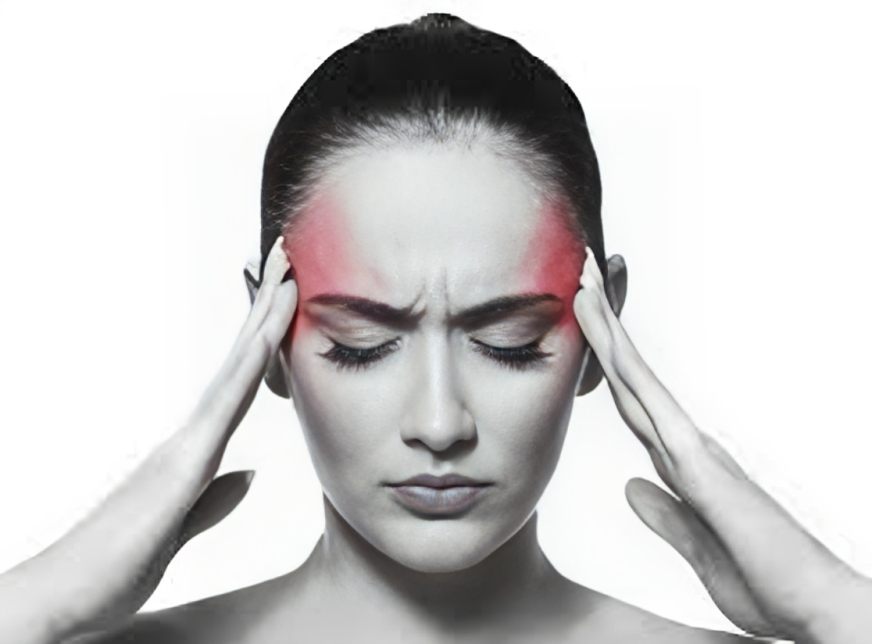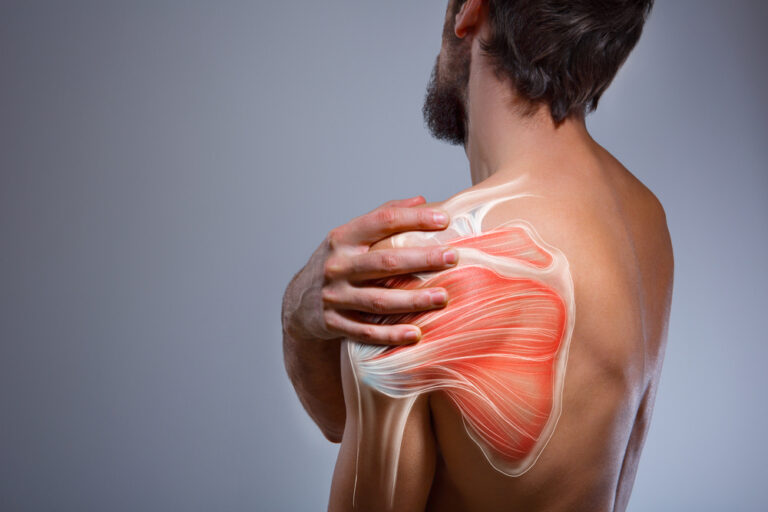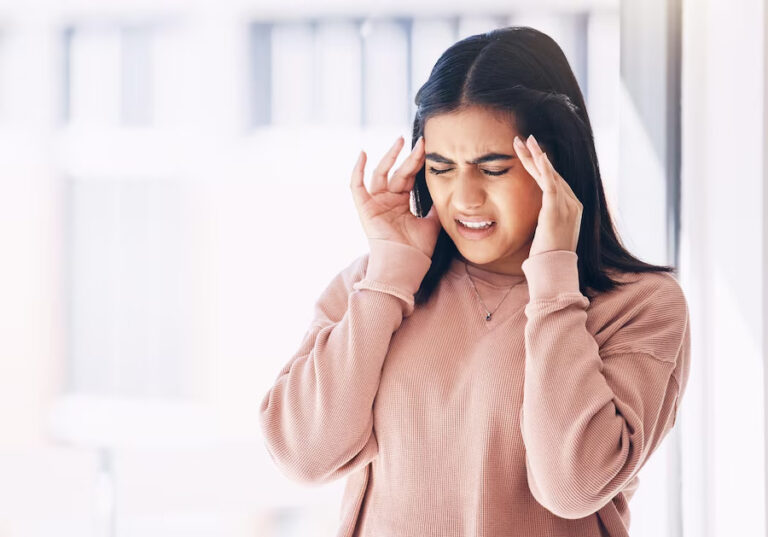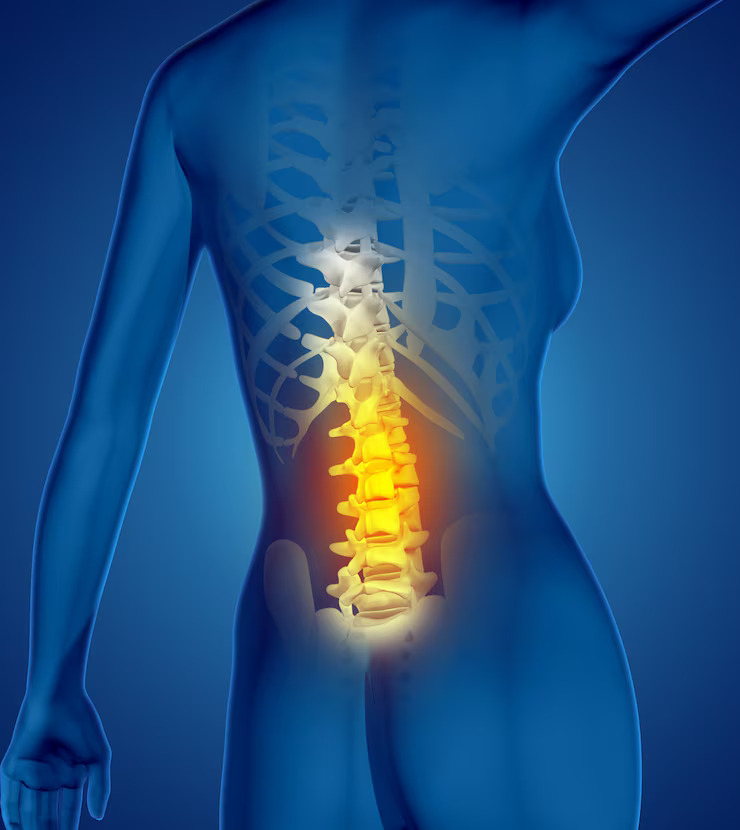Navigating the Throbbing Realm Understanding and Alleviating Headache.
Headaches, a ubiquitous and often unwelcome companion in our lives, can range from a mild annoyance to an incapacitating force. This article aims to explore the various facets of headaches, their causes, types, and strategies for alleviation.
Understanding Headaches
A headache is a pain or discomfort in the head or neck region, and it can manifest in various intensities and durations. Understanding the type of headache is crucial for effective management. Broadly categorized, headaches fall into primary and secondary types.
- Primary Headaches
- Tension Headaches: The most common type, often characterized by a dull, persistent ache. Stress, poor posture, or eye strain can trigger tension headaches.
- Migraines: Intense, throbbing pain often accompanied by nausea, sensitivity to light, and aura (visual disturbances). Various factors, including hormonal changes, certain foods, or environmental stimuli can trigger migraines.
- Cluster Headaches: Excruciating headaches occurring in clusters over a specific period, followed by periods of relief. They often affect one side of the head and are more common in men.
- Secondary Headaches
- As a result of an underlying condition, secondary headaches can be attributed to various causes such as sinus infections, head injuries, or medication overuse.
Causes of Headaches
Understanding the triggers can be instrumental in managing and preventing headaches. Common causes include:
- Lifestyle Factors
- Poor sleep habits
- Dehydration
- Irregular meal patterns
- Excessive caffeine or alcohol consumption
- Environmental Factors
- Bright lights
- Loud noises
- Strong odors
- Changes in weather
- Physical Factors
- Muscle tension
- Posture-related strain
- Jaw-clenching or teeth-grinding
- Medical Conditions
- Sinus infections
- Hormonal changes
- High blood pressure
- Neurological disorders
Alleviating Headaches
- Over-the-counter Medications: Pain relievers like acetaminophen, ibuprofen, or aspirin can be effective for mild to moderate headaches. However, prolonged use should be monitored to avoid medication overuse headaches.
- Lifestyle Modifications:
- Regular Sleep: Maintain a consistent sleep schedule.
- Hydration: Stay adequately hydrated throughout the day.
- Healthy Diet: Avoid skipping meals and incorporate a balanced diet.
- Stress Management: Practice relaxation techniques such as deep breathing or meditation.
- Physical Therapy: For tension headaches, physical therapy or massages can help alleviate muscle tension and improve posture.
- Cognitive Behavioral Therapy (CBT): Effective for managing chronic headaches, CBT helps identify and address stressors and triggers.
- Prescription Medications: In cases of severe or chronic headaches, prescription medications may be recommended. These can include preventive medications for migraines or specific treatments for cluster headaches.
Seeking Professional Guidance
While occasional headaches are common, persistent or severe headaches may warrant medical attention. Consultation with a healthcare professional can help determine the underlying cause and establish an appropriate treatment plan.
In conclusion, understanding the intricacies of headaches empowers individuals to navigate the throbbing realm more effectively. By identifying triggers, making lifestyle adjustments, and seeking appropriate interventions, it is possible to mitigate the impact of headaches and enhance overall well-being. Remember, when in doubt or facing persistent symptoms, consulting with a healthcare provider is always a prudent step toward a headache-free existence.







